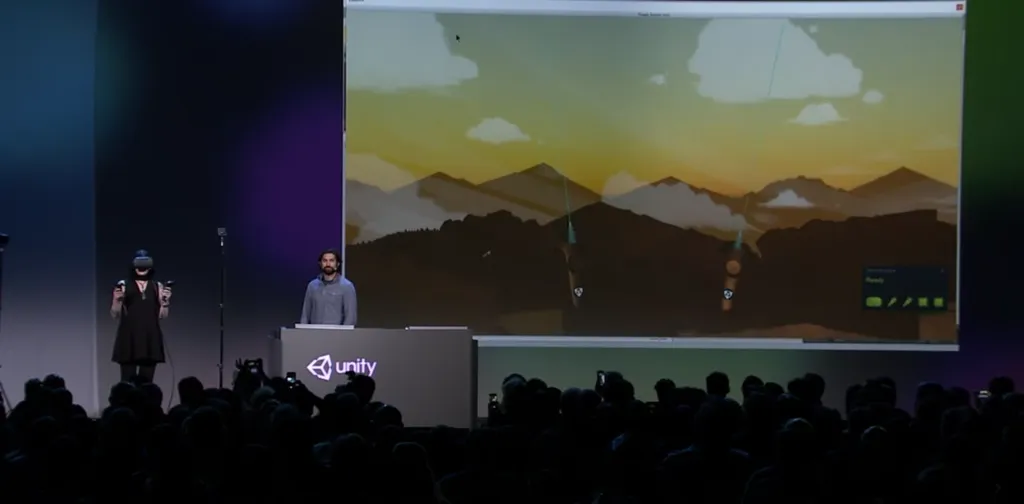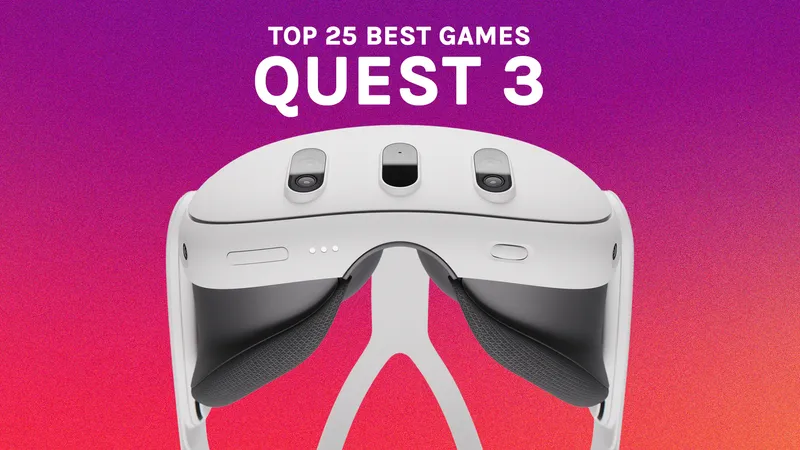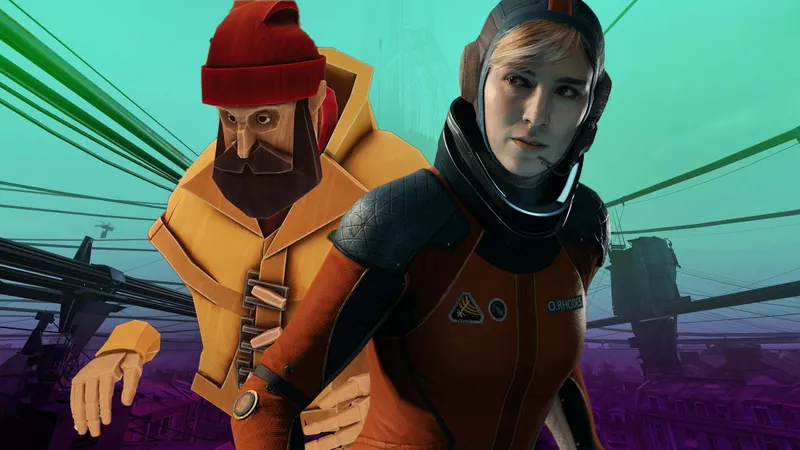Unity’s impressive demonstration of its Editor VR software was the highlight of yesterday’s Unite conference keynote. Though extensive in the tools it provides, it also represents a more accessible, user-friendly development engine that we might all be using one day to create virtual worlds. As it turns out, that day might not be too far away.
In an interview with UploadVR, VP of Unity Labs Sylvio Drouin confirmed that the company is working on tools that would enable anyone to create “fairly complex experiences” without the need for any programming knowledge.
“There is a lot of work that we’re doing right now to have pre-made VR frameworks so you can start and you can just bring your own assets, and you don’t need to code,” Drouin said. “We have entire libraries of behavior.”
He stated that eventually users will be able to “assemble content through Unity pretty much without writing a line of code.” This would be done in VR, though that doesn’t mean you can only create VR experiences; yesterday’s demonstration showed how Editor VR could be extended with additional tools made by other developers to modify scenes in non-VR games like Firewatch.
Some of the frameworks Unity is building are tools for visual scripting, visual effects, and artificial intelligence. He initially stated that these tools would be coming in the next 18 months, though quickly broadened that window to 18 – 36 months.
In concept, the steps are similar to Unity’s Carte Blanche initiative, which would allow users to build scenes in VR using natural movements or voice commands. Carte Blanche, however, is a very complex concept that is far from being realized. Editor VR, meanwhile, is currently scheduled to arrive before the end of the year.
While this new take on the engine will help streamline some parts of the development process, for now you’ll still need to do some things outside VR to build full games. With these new tools, it sounds like the barrier to entry will continue to lower.





























